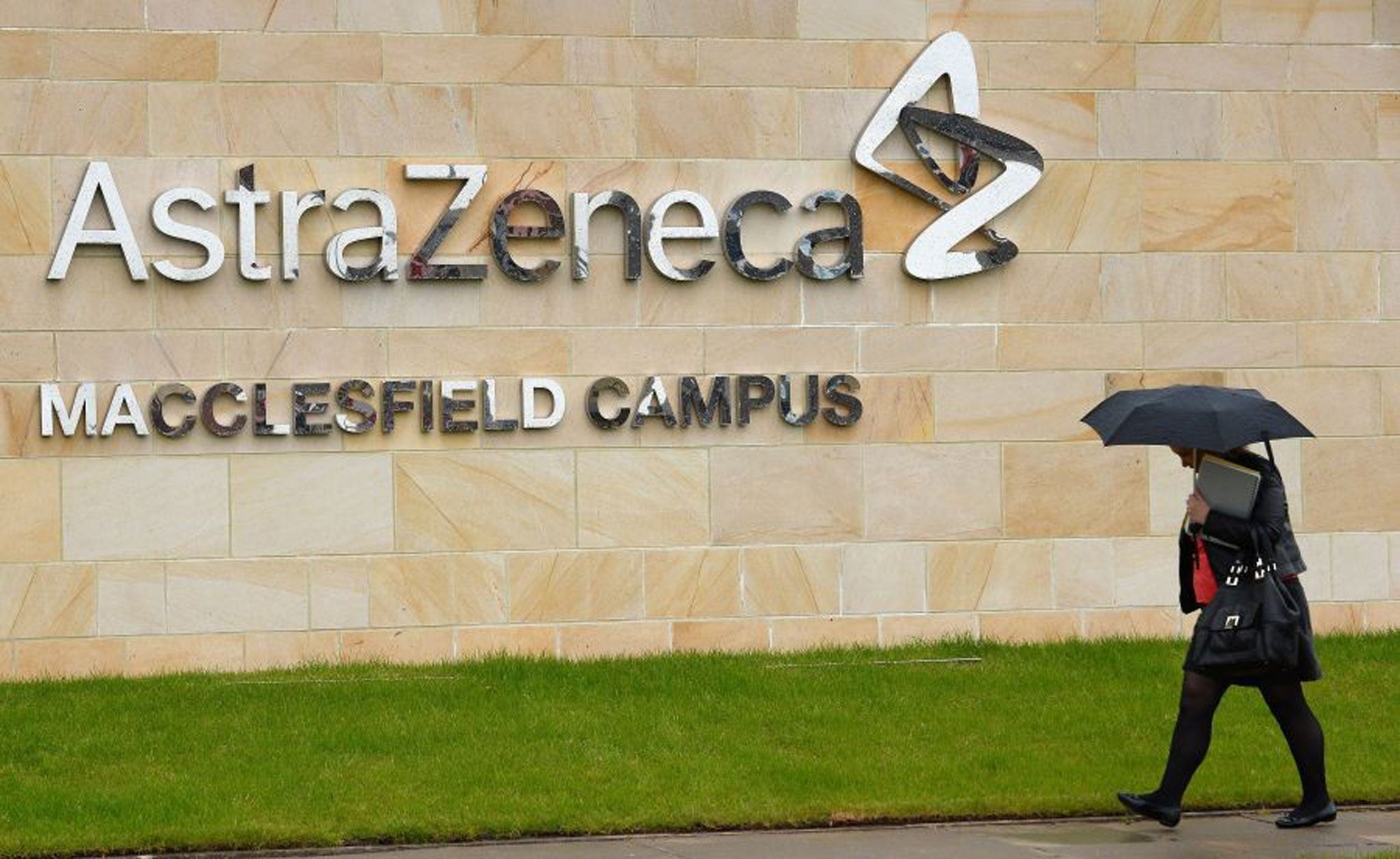The Independent's journalism is supported by our readers. When you purchase through links on our site, we may earn commission.
Mark Dampier: Thrill-seeking it's not, but you won't get drenched in a storm

The Trojan Income Fund, managed by Francis Brooke, had a stellar 2014. It was beaten to second place in the IMA UK Equity Income sector performance table, underperforming the Majedie UK Income Fund by the thinnest of margins.
In a recent meeting with the manager, I rather loved his apt analogy for coming second: in golf, a hole in one is thought to be luck; placing the ball within six inches of the hole takes real skill!
Troy Asset Management is one of those firms that chooses not to waste time or money on marketing its products. Instead, it beavers away simply trying to do its very best for its investors. On the whole I believe it has delivered exactly that.
The Income Fund was launched in September 2004 – now in its 11th year, it has provided extremely consistent, risk-adjusted returns. Over this time, the fund has delivered growth of 162.8 per cent with dividends reinvested, against a return of 128.3 per cent for its benchmark, the FTSE All Share Index.
Of equal importance, it is possibly the only fund in its sector that has successfully increased its dividend payment each year over this period. More recently, for the year ending 31 January 2015, its annual dividend has risen by 4.1 per cent.
Over his tenure, Mr Brooke's investment approach has not changed, seeking stable or growing businesses with excellent cash flows and sustainable yields. His philosophy may appear dull to some investors, yet as I often say, boring is usually good when it comes to investing.
As with many of the finest fund managers, his portfolio turnover is remarkably low. Indeed, six companies held in this 42-stock portfolio have been held since launch. He sounded uncharacteristically almost like a trader when he said he had his eye on four new stocks for 2015.
Presently, 63 per cent of the fund is invested in FTSE 100 stocks, with a further 9 per cent invested overseas. It is, therefore, often viewed as a pure blue-chip fund, although after looking at the composition of the FTSE All Share Index (which also comprises small and medium-sized companies), the fund is still underweight the largest stocks. Another 17 per cent is invested in the FTSE 250 (ex-ITs) index, otherwise referred to as medium-sized companies. Over the longer term, a huge amount of value has been added through exposure to this area of the market.
Mr Brooke's approach is not to try to be the best fund all the time, but to deliver consistent returns with lower volatility. In 2013, a challenging year given that small and medium-sized companies tended to outperform their larger counterparts, he still managed to grow the fund by around 20 per cent.
Positive contributors this year include an eclectic mix of companies, from Provident Financial and AstraZeneca to the water utility Pennon. The tobacco stocks Imperial Tobacco and Reynolds American also lifted returns.
Mr Brooke is a fund manager who understands the dangers of over-distributing income. This can occur when marketing departments put pressure on fund managers to increase dividend payments year-on-year, regardless of the damage that may be done to investors' underlying capital. Without care and attention, both income and capital growth can suffer.
In my view, this fund could provide the core to almost any income portfolio. The fund manager has done an excellent job in sheltering investors' capital in turbulent market conditions and so this fund could appeal to a more conservative income-seeker. At present, the fund yields 3.84 per cent.
For those who prefer investment trusts, the Troy Income & Growth Trust is almost a mirror image of the open-ended fund, and is very similar in terms of charges. Nor does the investment trust currently employ gearing. The group also has tight control on the trust's discount by selling shares at a premium and, perhaps more importantly, having the courage to buy them back at a discount. I might argue that this all makes the trust more or less open-ended, although that is another story that lovers of investment trusts do not often care to discuss!
Mark Dampier is head of research at Hargreaves Lansdown, the asset manager, financial adviser and stockbroker. For more details about the funds in this column, visit www.hl.co.uk
Subscribe to Independent Premium to bookmark this article
Want to bookmark your favourite articles and stories to read or reference later? Start your Independent Premium subscription today.

Join our commenting forum
Join thought-provoking conversations, follow other Independent readers and see their replies